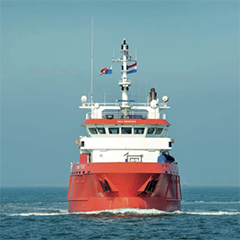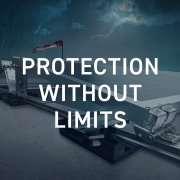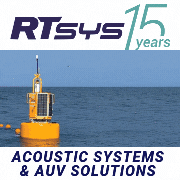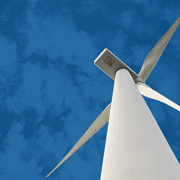Times have changed over the last 50 years in our industry. PES has had the pleasure to witness the ever improving quality, health, safety, environment (QHSE) implemented in company policies both on and offshore. Read on to find out what is happening at Glomar Offshore.
In Glomar Offshore, as an owner and operator of 20 offshore support vessels, varying from, lower end of the market: guard vessels, to standby safety and Emergency Response and Rescue (ERRV), to high specification, subsea and offshore accommodation and access units, we deploy our fleet in both the Renewables and O&G industries on approximately a 50-50 ratio.
Whilst these two sub segments, constituting the bulk of activities for the median Northern European ship owner, alongside dredging, salvage and governmental/institutional support, are considered quite distinct, this is far from reality. As such, the experience, QHSE record, skillset and technology used are the same.
In our industry, it has to be in every company’s policy to prevent incidents in all activities carried out by the shore-based and shipboard personnel. This includes external personnel, subcontractors, as well as assets from third parties employed for a specific project.
All companies should aim for a culture of commitment to safety, accountability and responsibility. Safe working practices and safe working environments are considered to be a condition of employment and this brings a responsibility to every employee within Glomar to avoid, reduce and eliminate any possible hazard that could lead to loss of life, permanent disability, medical treatment, injuries or damage to Company assets and third party assets.
Safety awareness is the most valuable asset in an organisation. Period
In shipping, where constant fighting with the elements and unpredictability of nature is inherent to the operation of vessels of any type, safety takes a predominant and leading role in the heart of any operator. It’s entrenched to the offshore culture and imposed by client-charterers and operators alike on a strict basis.
Since the establishment of the offshore industry half a century ago, we ship owners have made a quantum leap in integrating safety into our culture, especially given the fact that accidents do, and unfortunately happen and have happened in the past. Seeing old photos, from the Oil & Gas industry, for example, one cannot fail but notice the lack of safety awareness, or the lack of using PPE.





















